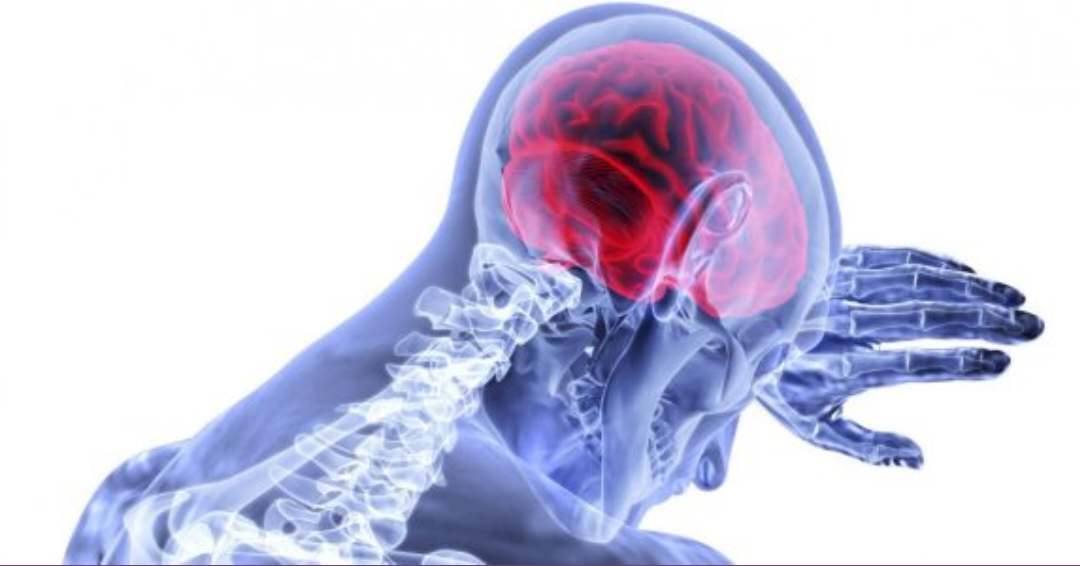
Epilepsy, a neurological disorder characterized by recurrent, spontaneous seizures, has long been a medical enigma. Until recently, these seizures were considered random events. However, groundbreaking research conducted by scientists at the University of Birmingham in the UK has shed light on the intricate relationship between sleep patterns, stress hormones, and epileptic seizures.
The study, published in PLOS Computational Biology, employed advanced mathematical modeling to investigate the influence of physiological processes, such as sleep and variations in cortisol, a stress hormone, on epileptiform discharges (ED), a critical epilepsy marker.
In their research, the team analyzed 24-hour EEG recordings from 107 individuals with idiopathic generalized epilepsy, revealing distinct patterns of ED distribution. One subgroup exhibited a higher incidence of seizures during sleep, while the other experienced more seizures during daytime.
Lead author Isabella Marinelli from the University’s Centre for Systems Modelling & Quantitative Biomedicine noted, “Some 65 million people have epilepsy worldwide, many of whom report specific triggers that make their seizures more likely – the most common of which include stress, sleep deprivation, and fatigue.” She emphasized, “Our findings provide conceptual evidence that sleep patterns and changes in cortisol concentration are underlying physiological drivers of rhythms of epileptiform discharges.”
The research illuminated that ED frequency surges during the night, early morning, and stressful situations for individuals with epilepsy. Surprisingly, sleep alone accounted for 90 percent of the variation in one subgroup, while cortisol contributed around 60 percent in the other.
Cortisol, a primary stress hormone controlled by the hypothalamic-pituitary-adrenal axis, plays a pivotal role. During stressful situations, cortisol secretion intensifies. Marinelli explained, “There is a reduction in ED likelihood during the sleep time after an initial sharp increase during the first hours. This can be explained by the fact that deep sleep, linked to an increase in EDs, is predominant during the first third of the sleep period. We found an increase in ED occurrence before waking, suggesting a combined effect of sleep and cortisol.”
In essence, this research unveils the intricate interplay of sleep and stress hormones in triggering epileptic seizures, providing crucial insights into managing this debilitating condition.

Post Your Comments